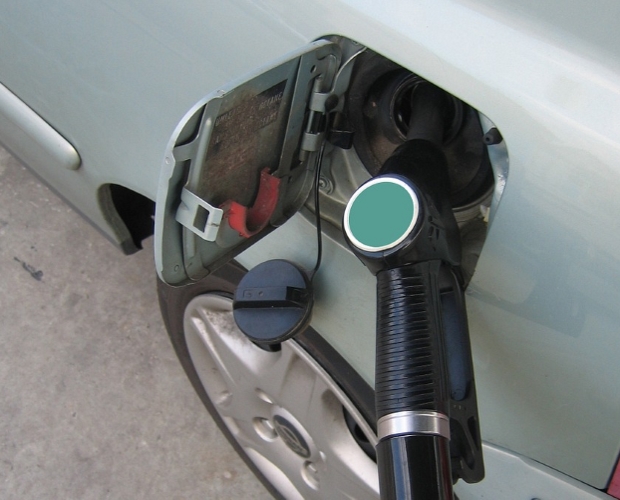T: 01822 851370 E: [email protected]
Visit RSN Survey about life in rural England to find out more.
The BBC report a Devon charity that provides care to people in their own homes is stopping its service because it cannot find enough carers North East Dartmoor Care (NEDCare), based in Moretonhampstead, said carers were leaving their jobs...
A review of competition in the road fuel market has found cause for concern in the growing gap between the price of crude oil when it enters refineries, and the wholesale price when it leaves refineries as petrol or diesel...
The Daily Express reports that rural households that depend on their cars are having to spend nearly £800 a year more on fuel than people who live in urban areas, according to research by the Countryside Alliance The study claims...
Newsnight on 14th June highlighted the plight of rural communities struggling with the negative impact of the rising cost of fuel on rural communities “For those living in rural areas owning a car isn’t a luxury, it can be...
Cambrian News reports that the Liberal Democrats have called on the UK government to cut fuel duty in rural areas to help families tackle soaring petrol prices This follows analysis by the party that shows households in rural areas pay...
The i News reports that households in rural areas are paying £2,000 a year more on transport costs than those in urban areas, according to Government figures This has been associated with the fact that they often have to travel...
The Rt Hon Lord Benyon at DEFRA has responded to a letter sent to the Department by the Rural Services Network highlighting concerns over the increase in global fuel costs and the particular impact on rural communities and local authorities...
A story published by the BBC details how the cost of living crisis is hitting people hard, especially the rise in the price of fuel. For rural areas such as Norfolk, some people rely on their cars due to lack...
NEWSLETTER
Sign up to receive all our latest news and updates.
HOT TOPICS
Amid reduced public spending, fair resource allocation across regions is crucial. Despite a population larger than Greater London, rural areas receive significantly less funding for essential services, even though delivering these services in rural areas is more expensive.
Economic growth is widely acknowledged as essential for national wealth and prosperity and is a priority for political parties. Rural economies, employing millions and home to a higher proportion of small businesses, have potential for growth if barriers are removed.
Rural residents face distinct healthcare challenges, including limited access to transport, longer distances to medical facilities, an aging demographic, housing inadequacies, digital connectivity gaps, and difficulties recruiting health and care workers.
Rural communities are grappling with a severe affordable housing crisis, marked by high house prices, a lack of affordable housing, elevated living costs, and lower incomes, threatening their sustainability and vitality.
Transport is vital for the quality of life and economic health of rural areas, yet it faces challenges such as infrequent public bus services and less Government funding compared to urban regions.
Rural areas, encompassing a substantial portion of England's population and land, play a pivotal role in combating climate change and achieving the net zero target.
In an increasingly digital world, the lack of robust digital infrastructure in rural areas severely limits access to crucial services and stifles economic growth.
A future-focused vision for rural communities involves not just building the right homes in the right places but also ensuring thriving, sustainable communities.
SIGN UP TO OUR NEWSLETTER
Sign up to our newsletter to receive all the latest news and updates.









